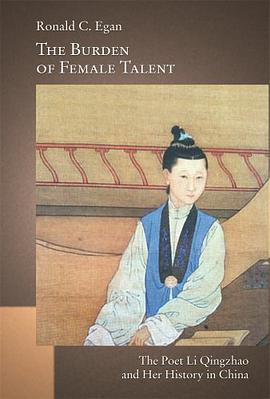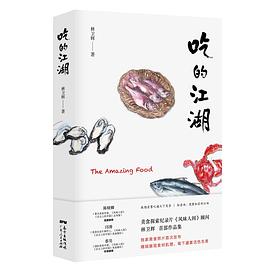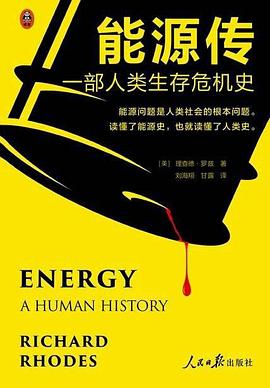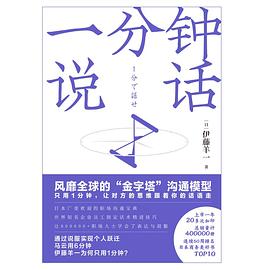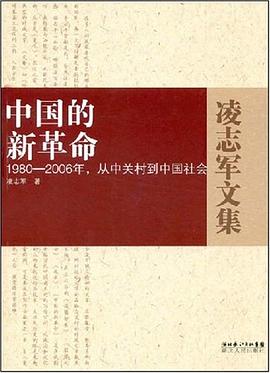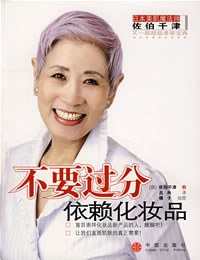The Burden of Female Talent
内容简介
Widely considered the preeminent Chinese woman poet, Li Qingzhao (1084-1150s) occupies a crucial place in China’s literary and cultural history. She stands out as the great exception to the rule that the first-rank poets in premodern China were male. But at what price to our understanding of her as a writer does this distinction come? The Burden of Female Talent challenges conventional modes of thinking about Li Qingzhao as a devoted but often lonely wife and, later, a forlorn widow. By examining manipulations of her image by the critical tradition in later imperial times and into the twentieth century, Ronald C. Egan brings to light the ways in which critics sought to accommodate her to cultural norms, molding her “talent” to make it compatible with ideals of womanly conduct and identity. Contested images of Li, including a heated controversy concerning her remarriage and its implications for her “devotion” to her first husband, reveal the difficulty literary culture has had in coping with this woman of extraordinary conduct and ability. The study ends with a reappraisal of Li’s poetry, freed from the autobiographical and reductive readings that were traditionally imposed on it and which remain standard even today.
......(更多)
作者简介
Ronald C. Egan is Professor of Sinology in the Department of East Asian Languages and Cultures at Stanford University.
......(更多)
目录
Introduction
Chapter 1 Woman as Writers in the Song Dynasty
Courtesans as Poets
Literati Women as Poets
Poets of Repute
Chapter 2 Writing and Struggle for Acceptance
Li Qingzhao on Reading and Writing
The Early Critics on Li Qingzhao
Li Qingzhao's Shi Poetry and the Masculine Mode
"On Song Lyrics"
Chapter 3 Song Lyrics Preliminaries
The Authenticity Question
The Autobiographical Reading Problem
Why Are Women Poets Read That Way?
Why Did Zhao Mingcheng Not Send Letters Home to Li Qingzhao?
Chapter 4 Widowhood, Remarriage, Divorce
Fleeing the Jurchen and the Death of Zhao Mingcheng
Remarriage and Divorce
Larger Issues
Chapter 5 Writings from the Aftermath
Poems Addressed to Emissaries
Writings on Capture the Horse
Chapter 6 The "Afterword"
Looking beyond the Text
Other Aims and Considerations
Chapter 7 The Beginnings of "Li Qingzhao": Reception during the Southern Song and Yuan
The Misery of Her Later Years
Devotion to Zhao Mingcheng
Stories in the Unofficial Biography
The Epitome of the Lonely Woman
In Early Anthologies
Chapter 8 Saving the Widow, Denying the Remarriage: Reception during the Ming and Qing
The Ming-Qing Rise of Women's Writing
The Iconic Woman Poet
Wang Shizhen's Matching Song Lyrics
The Multitalented Woman, "Genuine" Words
The Remarriage of Widows, Yuan through Qing
Moral Condemnation of Li Qingzhao
Disbelief and Exasperation
Denying the Remarriage
The Reconstituted Li Qingzhao in the Late Qing
Chapter 9 Modernism, Revisionism, Feminism: Reception in Modern Times
May Forth Period Histories of Chinese Literature
The Remarriage Controversy, 1957-2010
The Concubine or Other Woman Question
Chapter 10 Song Lyrics, Part I
Rewriting Earlier Lines
The Outdoors
A Peculiar Mood
Women in Song Lyrics by Male Writers
Chapter 11 Song Lyrics, Part2
Songs of Flirtatiousness
Other Late Attributions
Contours of Affection and Preconceptions
Conclusion
......(更多)
读书文摘
对今人而言,要发现提及女作家的资料并不困难,问题在于找到她们的具体诗文,因为留存下来的女性作品实在太少了。有两种观念共同促成了对妇女写作的消极看法:第一种想法十分盛行,但并非人人如此,即认为女子应只读不写,尽管她通读经典、博览群书,但也不宜作文;第二种观念则觉得即便有女性诗文,也不宜外传,否则它将落入陌生男子的手中。
简单地说,我们应该承认李清照与同时代的男作家一样,有能力虚构文学形象、杜撰事件情节;尽管她是男性文人圈中的唯一女性,但这并不意味着她一定要以自传体写作,其他作家并不如此,男词人常以代言体填词,李清照为什么不可以呢?
......(更多)
